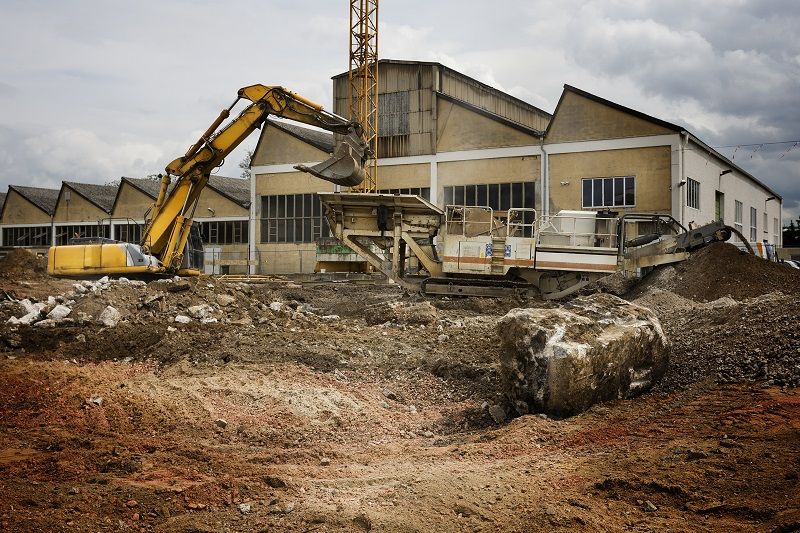

Portland’s regional government, Metro, is held up as a national model for how to get local governments to work together on such issues as land use planning. But now Metro Executive Mike Burton has proposed expanding the urban growth boundary to urbanize the 3,900 acre parcel known as the Stafford Basin. This is an area just north of I-205 between Lake Oswego and West Linn, which is surrounded on three sides by upscale suburban developments. The Basin has poor soil but was improperly zoned “farmland” years ago, which has prevented the landowners from building homes the way their neighbors have.
Burton has appropriately concluded that since most Stafford landowners don’t want to farm, and the land won’t support agriculture anyway, they should be urbanized. But the cities of West Linn and Lake Oswego, who were so happy with Metro only a month ago, are up in arms. Their residents enjoy looking at the open spaces of Stafford without having to compensate the landowners; their Mayor, Judie Hammerstad, now says of Metro, “I feel like we’ve been betrayed.”
Of course, when the landowners in Stafford were having their property rights denied year after year by Metro, Ms. Hammerstad liked regional planning. Now that things are going the other way, regional planning no longer works.
The lesson is simple: regional planning was never about rational decision-making. It was always about power. And the best way to avoid the abuse of power is to devolve it back to the people by protecting their property rights and allowing them to make their own decisions about what to do with their land.
Stafford landowners may finally get a chance to do that.
© 2006, Cascade Policy Institute. All rights reserved. Permission to reprint in whole or in part is hereby granted, provided the author and Cascade Policy Institute are cited. Contact Cascade at (503) 242-0900 to arrange print or broadcast interviews on this topic. For more topics visit the QuickPoint! archive.











